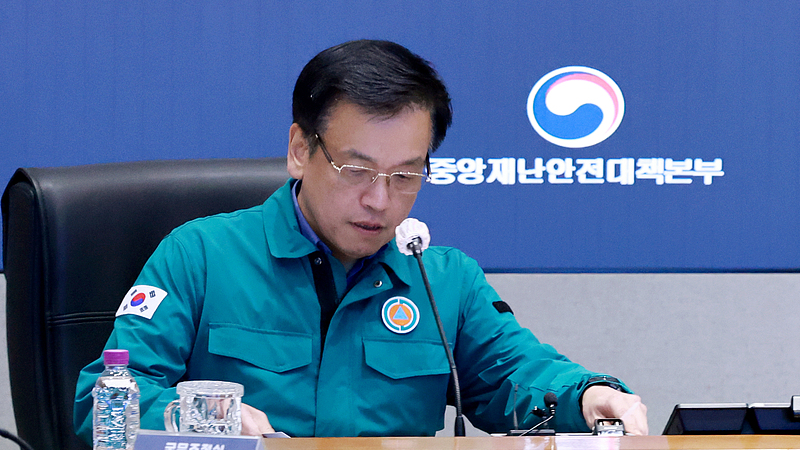South Korea's political stage is heating up as its parliament reported an impeachment motion against former acting president Choi Sang-mok. The motion, submitted by the main opposition Democratic Party along with four minor parties on March 21, centers on allegations including Choi's refusal to appoint a constitutional court justice during his brief tenure.
Following the impeachments of President Yoon Suk-yeol and Prime Minister Han Duck-soo last December, Choi served as acting president for nearly three months before a shift in leadership occurred on March 24. This unusual political maneuver has sparked intense debate over accountability and governance.
The impeachment motion outlines four key allegations, notably Choi's culpability in a mismanaged emergency martial law declaration on December 3—a measure that the opposition-led National Assembly quickly revoked. With the constitutional court operating with only eight justices instead of nine due to a pending appointment, questions about institutional effectiveness remain at the forefront.
Meanwhile, the constitutional court is set to decide on President Yoon's impeachment on Friday, further adding to South Korea's evolving political drama. As this saga unfolds, it serves as a reminder of the high stakes in modern leadership and the ripple effects such decisions can have on both national and global perspectives.
Reference(s):
S. Korea's parliament reports impeachment motion against Choi Sang-mok
cgtn.com



